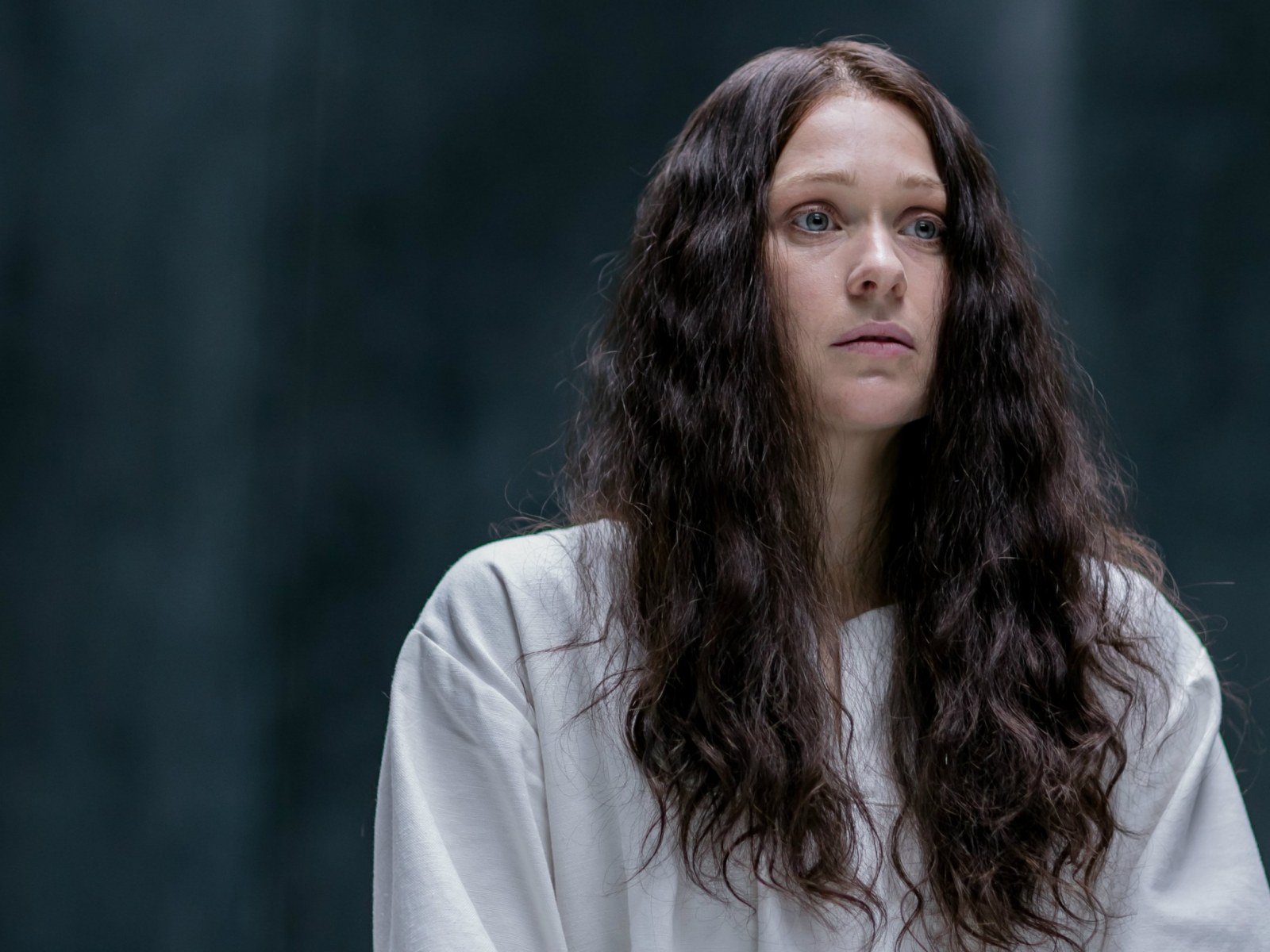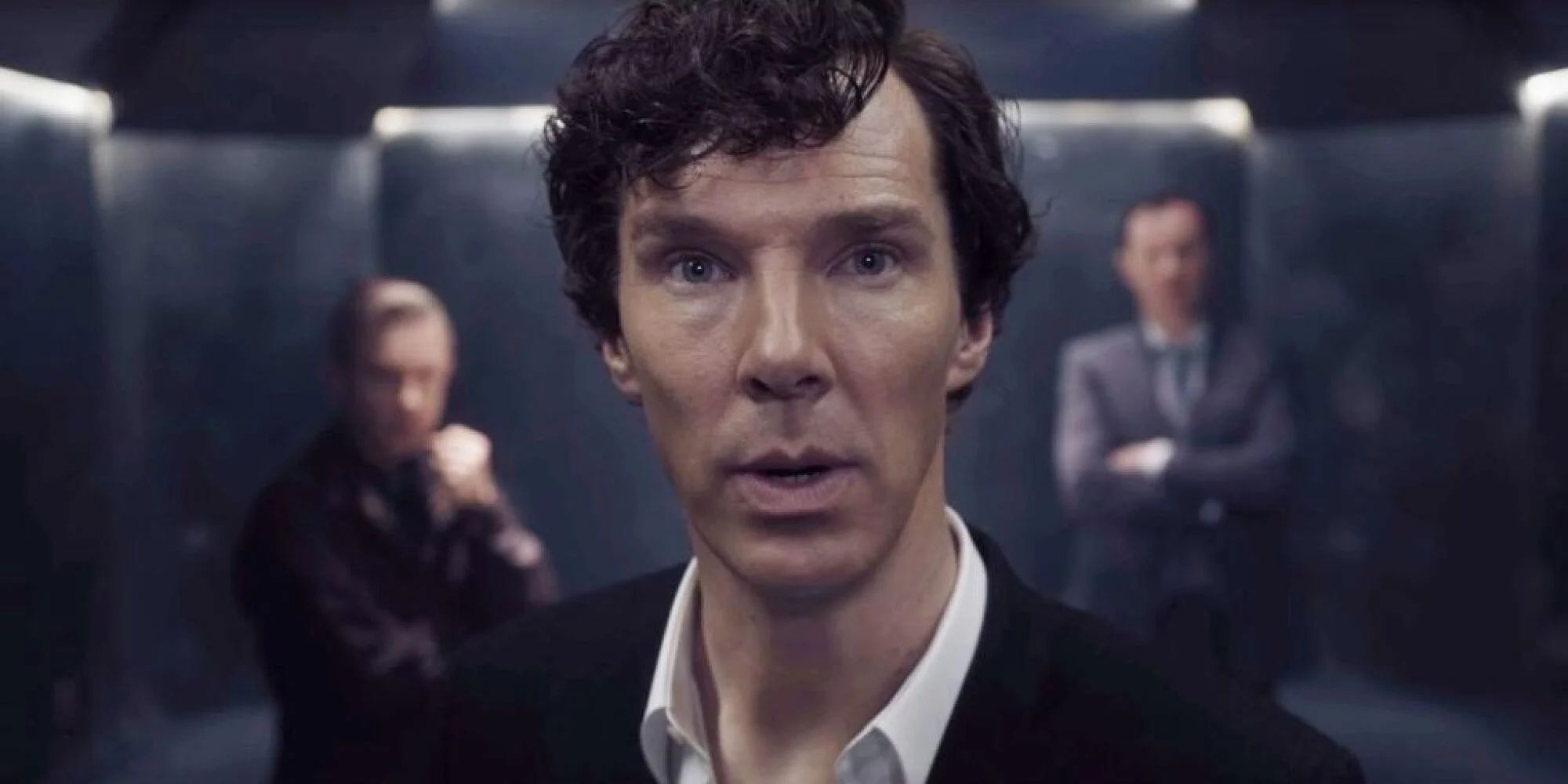The Sherlock season 4 finale, The Final Problem, was a whirlwind of emotion, intellect, and drama, masterfully crafted by showrunners Steven Moffat and Mark Gatiss. As anticipated, the episode delivered complex revelations, intense action, and deep psychological twists.
However, despite its action-packed nature, the finale left many questions unanswered and presented viewers with a narrative that was at times confusing. While the episode had its share of perplexing moments, it also marked a shift in tone for the series, placing greater emphasis on emotional depth and character exploration rather than the traditional mind-bending mysteries.
In what felt like a shift from previous seasons, The Final Problem ventured into new territory by providing a more personal exploration of Sherlock Holmes’ psyche. This season placed a stronger emphasis on examining Sherlock’s inner thoughts, his relationships with his family, and his emotional vulnerabilities. In the finale, this emotional focus was especially evident, as the action took a secondary role in the characters’ personal journeys.

Sherrinford: The Facility Behind the Mystery
One of the central mysteries of the season was Sherrinford, a name that had been teased and speculated upon for months. Fans had expected Sherrinford to be a character—perhaps a third Holmes sibling—but the finale took a different approach, revealing that Sherrinford was actually a high-security institution. This facility housed Eurus Holmes, Sherlock’s dangerous and brilliant sister, who had been kept isolated from society for years.
While the idea of Sherrinford as a mysterious and highly secure facility made sense in theory, its execution raised some questions. The facility seemed alarmingly easy to infiltrate, undermining its supposed security measures.
Still, this lack of security wasn’t the main point of focus; instead, Sherrinford served as a backdrop for the psychological games between Sherlock, Eurus, and the other characters. The facility’s ominous reputation also played into the broader theme of family secrets and the dark pasts that shaped the Holmes siblings.
Eurus Holmes, Sherlock’s estranged sister, had been teased as a major character throughout the season, and The Final Problem revealed much more about her chilling nature. From the beginning, Eurus had been depicted as a highly intelligent individual with a complete lack of empathy. Her brilliance far exceeded that of Sherlock and Mycroft, making her a force to be reckoned with. Eurus’ cold, manipulative personality and her ability to control others, including the staff at Sherrinford, were unsettling.

In one of the episode’s most shocking reveals, Eurus was revealed to have been the cause of Sherlock’s long-held trauma. It turned out that “Redbeard,” the dog Sherlock had mourned for years, was not a dog at all, but rather a childhood friend named Victor. Eurus had killed Victor out of jealousy when Sherlock failed to solve her riddle. This dark revelation about Eurus’ actions painted her as a deeply disturbed character, capable of extreme violence without remorse.
Despite her lack of empathy, Eurus was not beyond showing moments of vulnerability, especially when it came to her relationship with Sherlock. Throughout the episode, we saw glimpses of the complex bond between the two siblings, though it was difficult to decipher whether these moments of apparent emotion were genuine or merely part of her manipulative games. Eurus’ inability to understand or express love was at the heart of her character, making her a tragic figure despite her cruelty.
Although Moriarty had been dead since the end of season 2, his presence loomed large in The Final Problem. Eurus had been using video messages from Moriarty to manipulate Sherlock, playing on his weaknesses and pushing him further into emotional turmoil. The idea that Moriarty had prepared these messages for Eurus, even after his death, was an interesting twist. It suggested that Moriarty had a deeper understanding of Sherlock’s vulnerabilities than anyone had realized.
Through Eurus’ actions, we see how Moriarty’s influence continued to haunt Sherlock. She had used Moriarty to study Sherlock, understanding his emotional triggers and weaknesses, especially his relationship with John Watson. Eurus had even orchestrated the “E” text affair between Sherlock and John, exploiting Sherlock’s feelings for his best friend. This complex web of manipulation showcased Eurus’ intelligence and her strategic use of psychological games to bend others to her will.
The finale also provided viewers with a much-needed understanding of Mycroft Holmes, Sherlock’s older brother. For years, Mycroft had been seen as a distant and often cold character. However, The Final Problem revealed a more layered and complex individual, one who genuinely cared for his family, especially Sherlock. Mycroft’s actions throughout the episode, from his attempts to protect Sherlock to his willingness to sacrifice himself for his brother, emphasize the strong bond between the two siblings.
In one of the most poignant moments of the episode, Mycroft tries to provoke Sherlock into killing him, knowing that it would destroy his brother to take the life of his closest friend, John. Mycroft’s willingness to risk his life for Sherlock underscored the emotional stakes of the episode. It also revealed that, beneath his aloof exterior, Mycroft had a strong moral compass and was willing to go to great lengths to protect those he loved.
Mycroft’s backstory was also explored, with humorous but revealing moments, such as his childhood desire for grandeur and his fear of clowns. These small details humanized Mycroft, showing that he was not just a government bureaucrat but a man shaped by his own vulnerabilities and fears. His deep affection for Sherlock, especially in the face of Eurus’ dangerous manipulations, was a highlight of the episode.
John Watson: Loyalty and Devotion
John Watson, portrayed by Martin Freeman, was once again at the heart of the emotional drama in The Final Problem. John’s loyalty to Sherlock was unwavering, even in the face of tremendous danger. His relationship with Sherlock had always been portrayed as a deep, unspoken bond, but the finale made it clear just how much John needed Sherlock. John was willing to risk everything—his marriage, his family—to stand by Sherlock’s side, demonstrating the depth of his affection for his friend.
One of the most touching moments of the episode was the realization that John had always known how much he needed Sherlock, even when Sherlock had yet to recognize it himself. John had allowed Sherlock to come to this understanding on his own, which only strengthened their bond.
The episode also hinted at John’s personal struggles, particularly his grief over Mary’s death. However, the lack of focus on John’s emotional recovery from Mary’s loss was a bit of a disappointment, as it felt like a missed opportunity to delve deeper into his character.
Sherlock Holmes: The Heart of the Finale
The episode’s title, The Final Problem, referred not only to the external challenges faced by Sherlock but also to his internal struggles. For much of the series, Sherlock is depicted as a detached, emotionless figure, focused solely on solving cases. However, the finale revealed that Sherlock was, in fact, deeply human, capable of love, empathy, and vulnerability. The emotional stakes of the episode were high, as Sherlock was forced to make a heart-wrenching decision between his two closest family members: John and Mycroft.
The key moment came when Sherlock was presented with a choice: to kill either Mycroft or John. In a surprising twist, Sherlock chose to turn the gun on himself, refusing to make a choice between the two men he loved. This moment of self-sacrifice highlights Sherlock’s growth as a character. Over the course of the episode, Sherlock realizes that his relationships with John and Mycroft are his true strength, and he is willing to put his life on the line to protect them.

The finale also explored Sherlock’s relationship with his sister, Eurus, showing that love and empathy were the missing pieces in Eurus’ twisted psyche. By the end of the episode, it became clear that Sherlock’s ability to empathize with others—something that he had long struggled with—was what ultimately allowed him to defeat Eurus. The tender moment between Sherlock and Eurus, where he coaxed her into his arms, was a touching display of emotional growth for a character who had once been seen as incapable of love.
The Final Problem was a complex, emotional, and thought-provoking conclusion to Sherlock season 4. While it left many unanswered questions and had some narrative inconsistencies, it also showcased the series’ ability to evolve and explore new emotional depths.
The finale revealed the humanity at the heart of Sherlock Holmes’ character, showing that love, loyalty, and empathy were just as important as intellect and logic in shaping who he was. The episode’s exploration of family, sacrifice, and emotional connection made it a fitting—and deeply moving—end to this chapter in the Sherlock saga.



